More and more journalists are being harassed, prosecuted, and imprisoned. Freedom of the press is at an all-time low in Tunisia. Since July 25 and the promulgation of Decree-law 54, hostility towards journalists has been on the rise.
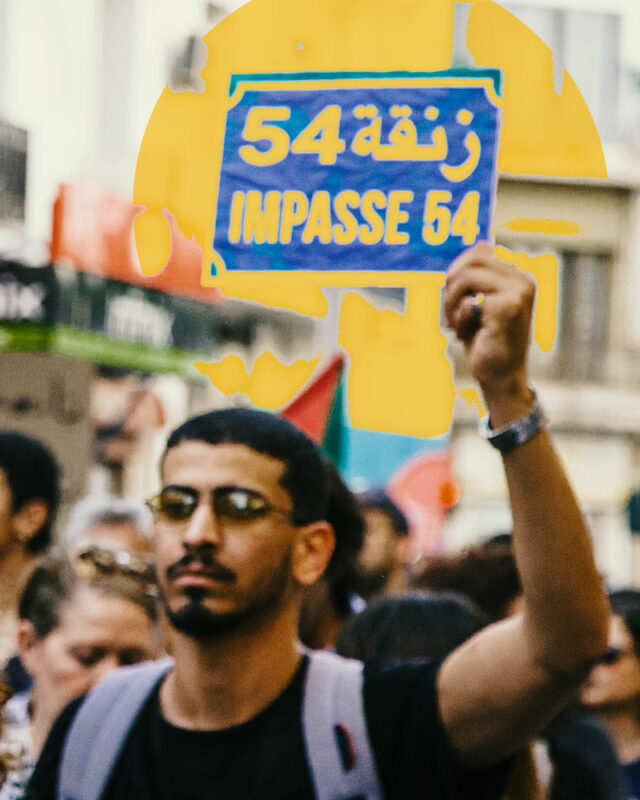

More and more journalists are being harassed, prosecuted, and imprisoned. Freedom of the press is at an all-time low in Tunisia. Since July 25 and the promulgation of Decree-law 54, hostility towards journalists has been on the rise.
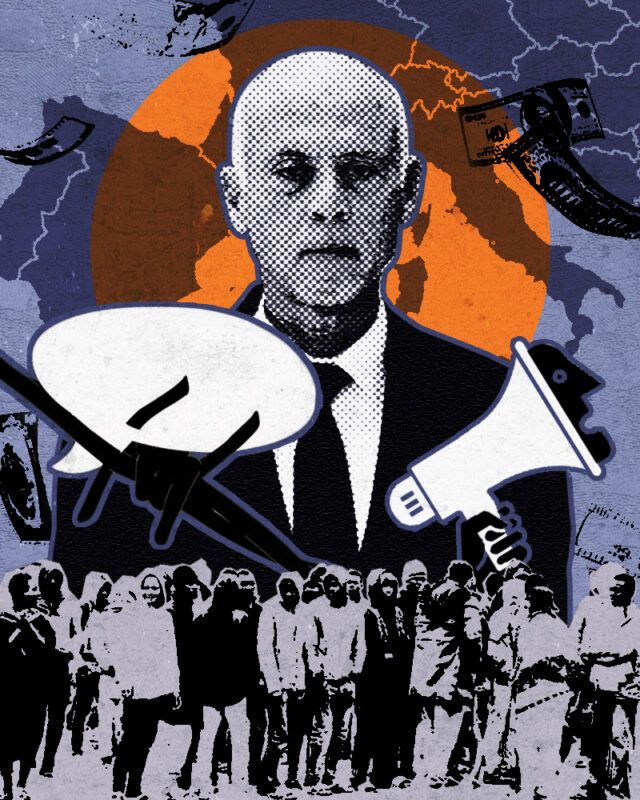
Civil society activists and employees arrested, UN organizations vilified, media outlets—including Nawaat—targeted. Once again, the country’s migration crisis serves as pretext for the ongoing witch hunt led by President Kais Saied to suppress the voices of regime critics.
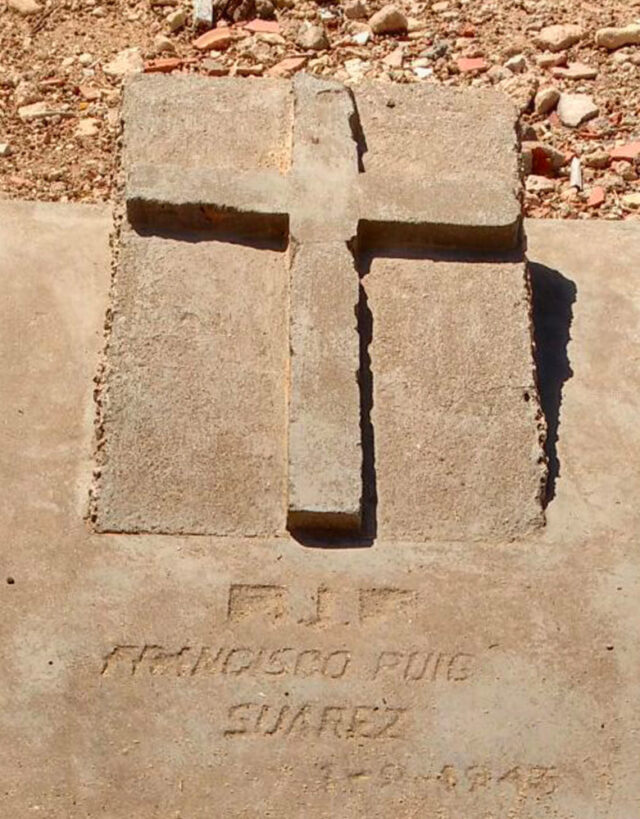
In the aftermath of General Franco’s victory in Spain’s civil war, an ally of Hitler and Mussolini, nearly half a million Spanish Republicans were compelled to flee their homeland starting in February 1939. This mass exodus, known as the Retirada, saw hundreds of Spanish Marine officers seeking refuge in Bizerte, Tunisia, from May 1939 to June 1940. They found themselves in work camps, particularly near Mount Chaambi in Kasserine, where despite enduring hunger and illness, most remained for 17 years, from 1939 to 1956, with some staying until the early 1980s. Only about 20 of them died there between July 1941 and October 1949, and were laid to rest in a now-forgotten cemetery.
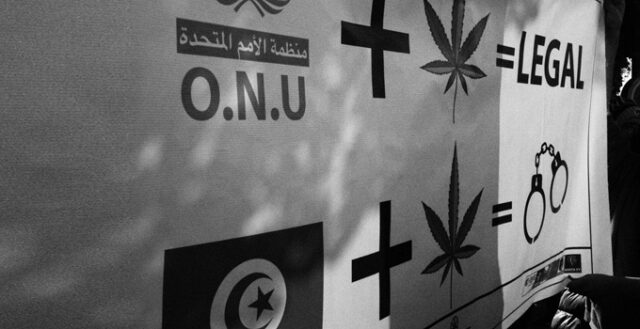
Cannabis users in Tunisia are facing a wave of repression that the country “has not seen since the Ben Ali era,” as one activist puts it. And President Kais Saied’s war on drugs serves as pretext for the reemergence of a police state.

They demand better public transport, medicine for the neighborhood clinic and real solutions for unemployment. The state has turned a deaf ear. Residents of Douar Hicher have issued a warning: “the spark that will ignite the revolution of the hungry is here.”
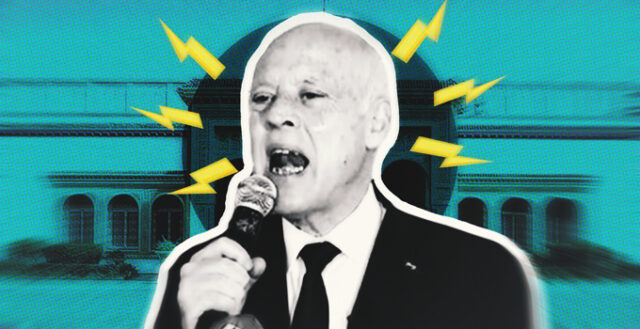
Kais Saied is particularly generous when it comes to spouting off vague accusations. Ever loyal to his habitual fallback, conspiracy theories, the Tunisian president is quick to point a finger at certain “parties” without naming them, to throw verbal jabs and employ sarcasm as captured in videos diffused on social media. With all this verbal jousting, who has time to respect the rule of law anyway?
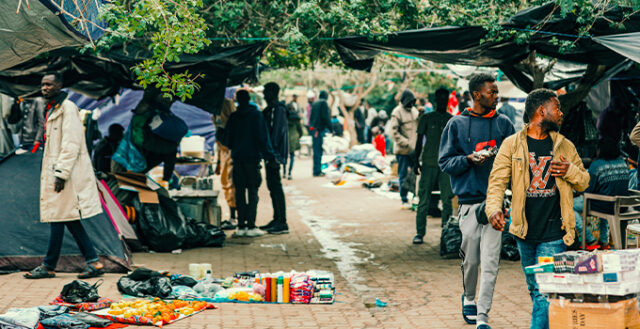
“Even dogs deserve a more decent life,” says a young Sudanese man, one of thousands who have arrived in Tunisia in the past months. In Tunis’ northern suburb of Lac 1, a makeshift camp has sprung up, a sprawl of sheet metal tents, tarps and used blankets spread across the ground. The contrast with the neighborhood’s ostentatious architecture is glaring.
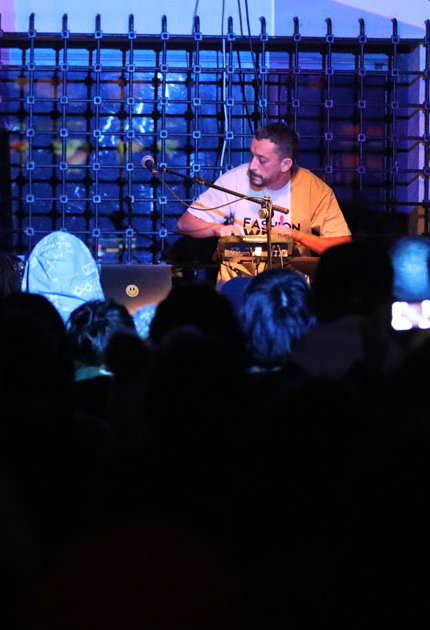
Every year, Nawaat—one of Tunisia’s rare independent media outlets, which publishes both a webzine and paper magazine—hosts its festival in the capital. The original theme chosen for this year’s edition was feminism, however, current events in Palestine pushed Nawaat’s editing team to expand the scope of the event in tribute to the spirit of resistance.
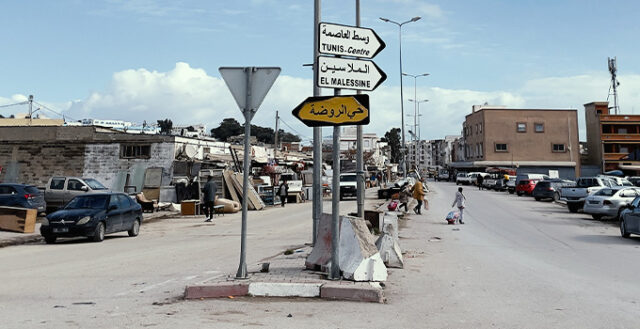
“I regret the day I threw a rock at a police officer,” says a resident of Mellassine. 13 years after the revolution, public resentment toward the police is no less palpable in a neighborhood rife with drug trafficking, crime and misery. For many young men and women here, the only apparent escape route from their daily struggle is one heading overseas.
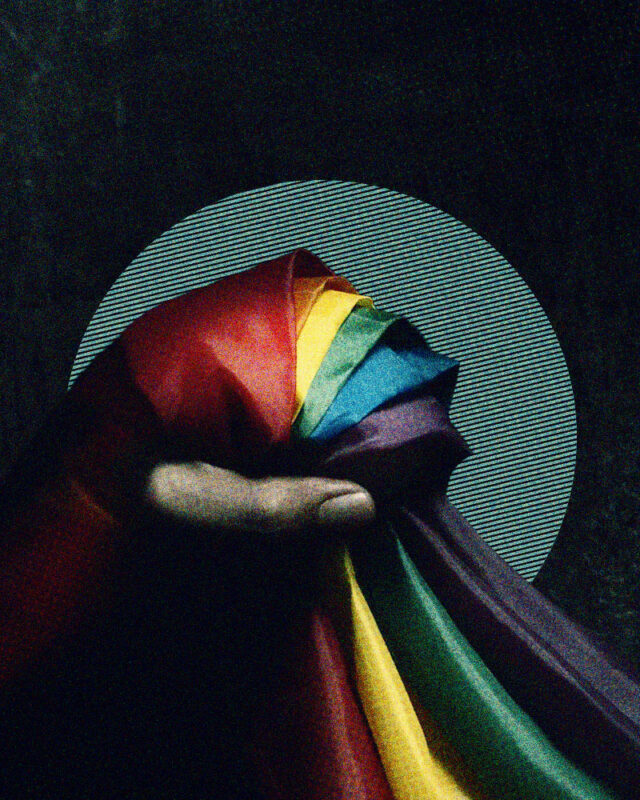
Fleeing persecution in their countries of origin, LGBT migrants set off in the hopes of finding safety elsewhere. During their journey across country borders, they are exposed to extreme violence, and sexual abuse in particular. Their ordeal continues when they arrive in Tunisia, where they are confronted with other forms of abuse. For these individuals, the future does not lie in Tunisia. But their safe passage to another country requires the support of the UNHCR.
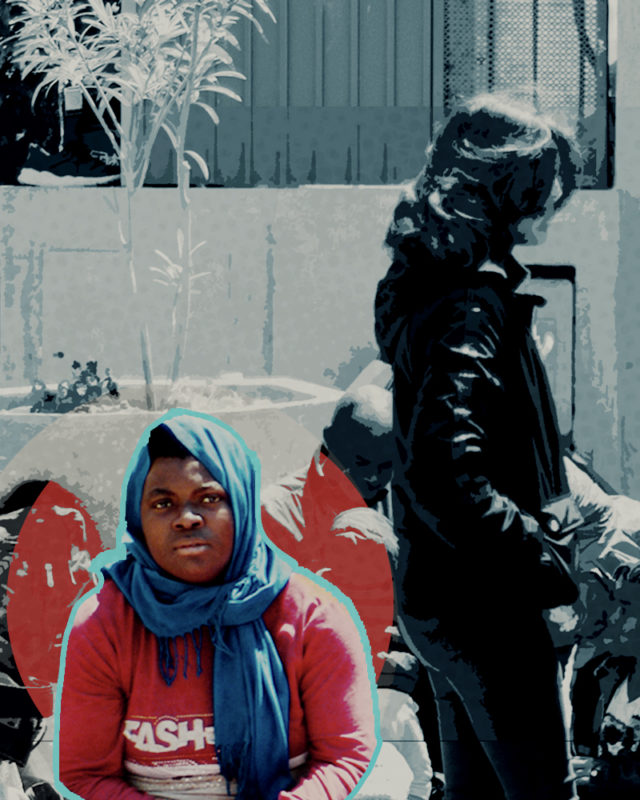
Whether they have endured the trauma of rape in their own countries, along their migration journey or after arriving in Tunisia, their lives are a constant struggle for survival that is marked by pitfalls and exploitation. Their stories, collected by Nawaat, attest to this violence.
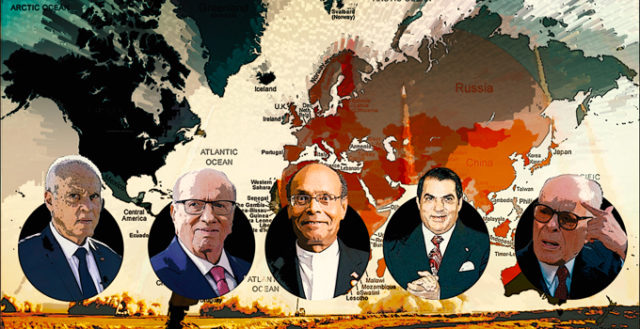
« Operation Al-Aqsa Flood » has marked Kais Saied’s divergence from Tunisia’s traditional stance favoring a two-state solution, a position established by Habib Bourguiba in 1965. The present article offers a glimpse into Tunisia’s diplomatic evolution regarding major regional and international conflicts.
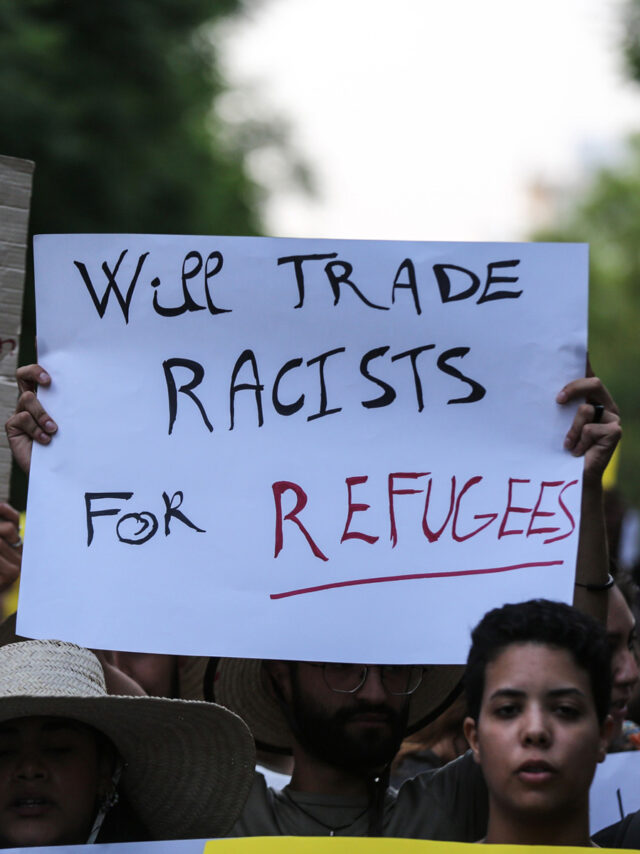
A new report by Refugees International sheds light on the systematic human rights violations targeting refugees, asylum seekers and migrants in Tunisia since the arbitrary expulsions carried out in July, and calls for Europe and the US to reconsider their funding—and fundamental approach—for managing migration across the Mediterranean.
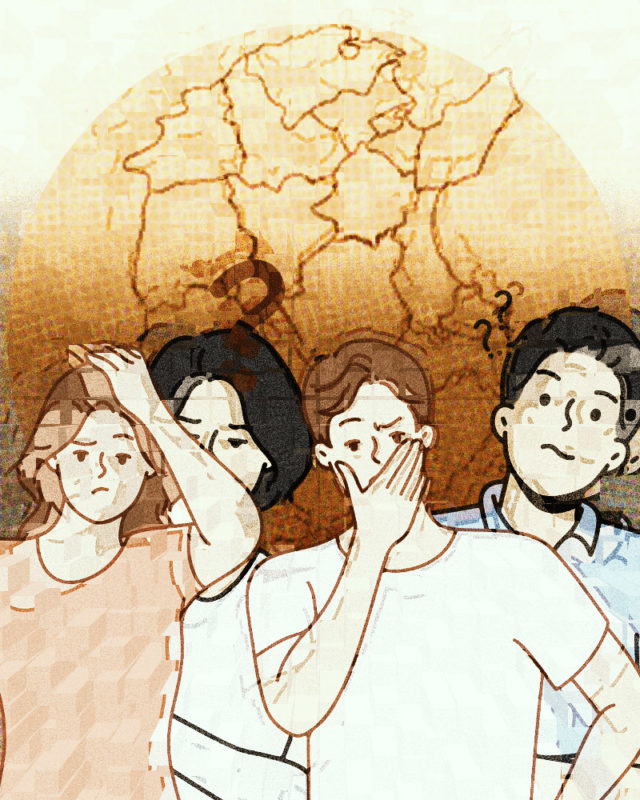
More and more, Tunisian youth are turning away from politics to focus on their personal trajectories. With the outlook grim for national salvation, young people are seeking out their own paths to individual salvation. What is the situation of these youth? What do they imagine for their future? Report.
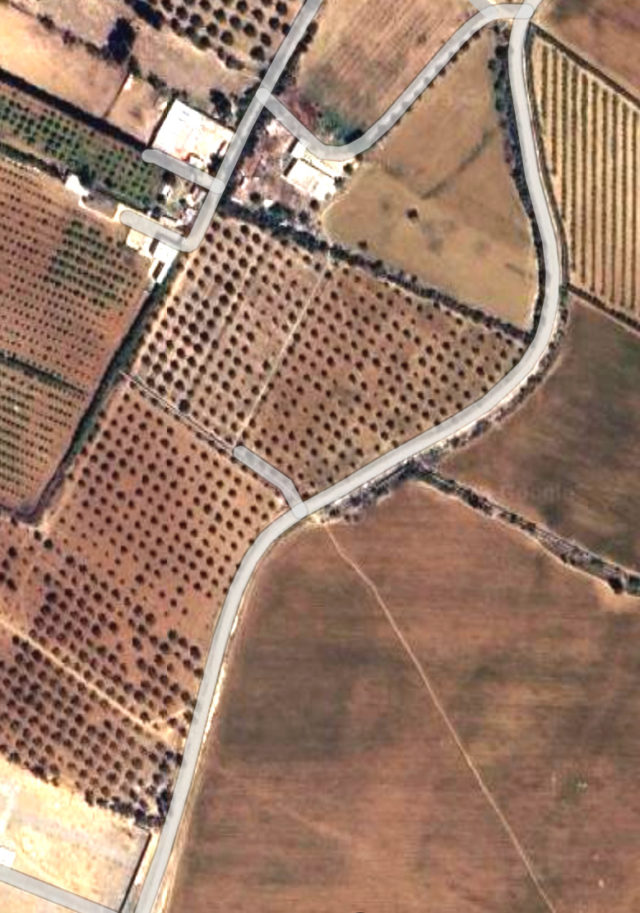
Agricultural lands make up 62% of Tunisia’s total surface area. But every year, over 20 million hectares of these lands disappear due to erosion and urbanization. The social and environmental consequences of this dual phenomenon are irreversible.
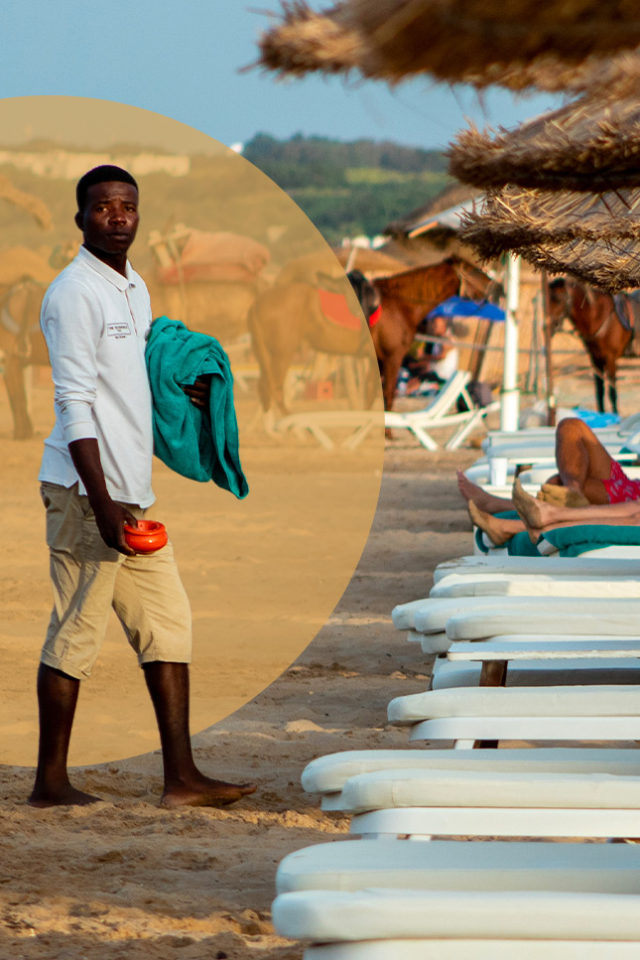
Although they are accused of stealing jobs from Tunisians, undocumented immigrants nevertheless respond to a labor shortage across a number sectors that are spurned by the local workforce. Regularizing the status of foreign workers in Tunisia would not only put an end to the scapegoating and forceful expulsion endured by immigrants, but would also stem the exploitation to which they are exposed.
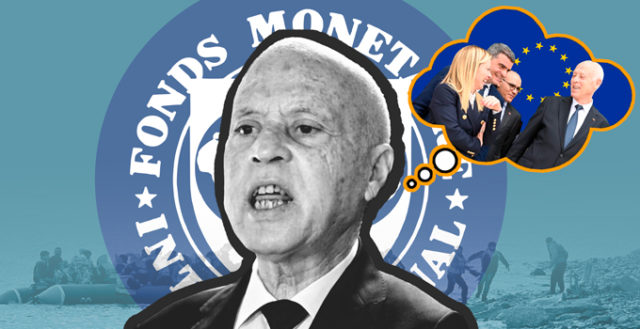
The question is nothing short of provocative in light of the president’s ever nationalist discourse. But the facts remain. As it activates certain elements of policies recommended by the IMF, Carthage appears to be settling into place beneath the wing of its friends to the West.
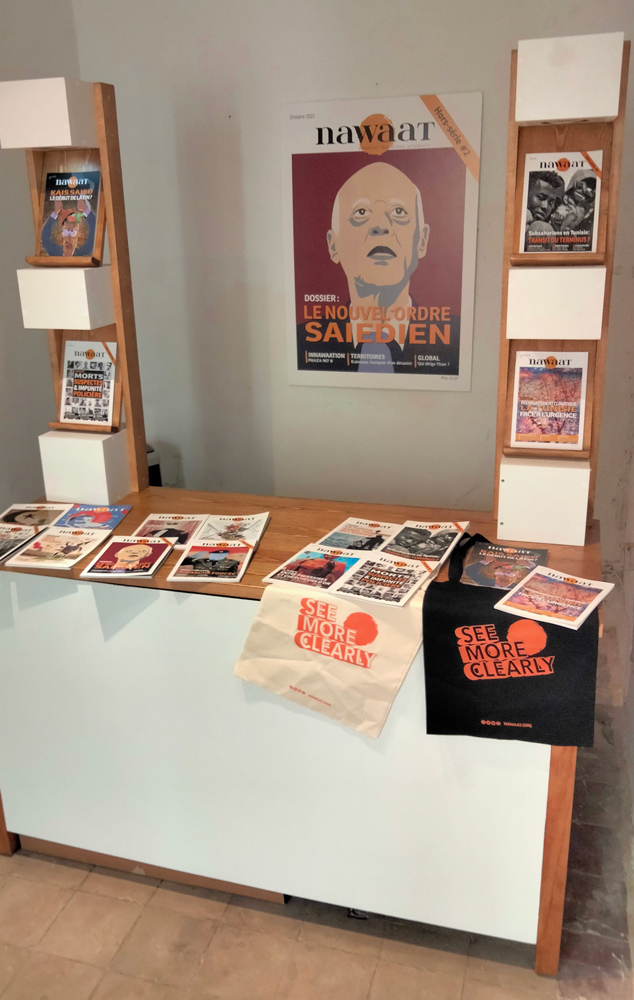
«Photo or caricature?» However burning the question may be, we will not answer it in the present editorial. Instead, we will leave it to the experts at the Ministry of Culture to weigh the gravity of our «error». What we will acknowledge here is the significance of the incident, an accurate and barefaced representation of the extraordinary (mis)adventures that unfold under Saied’s New Order.